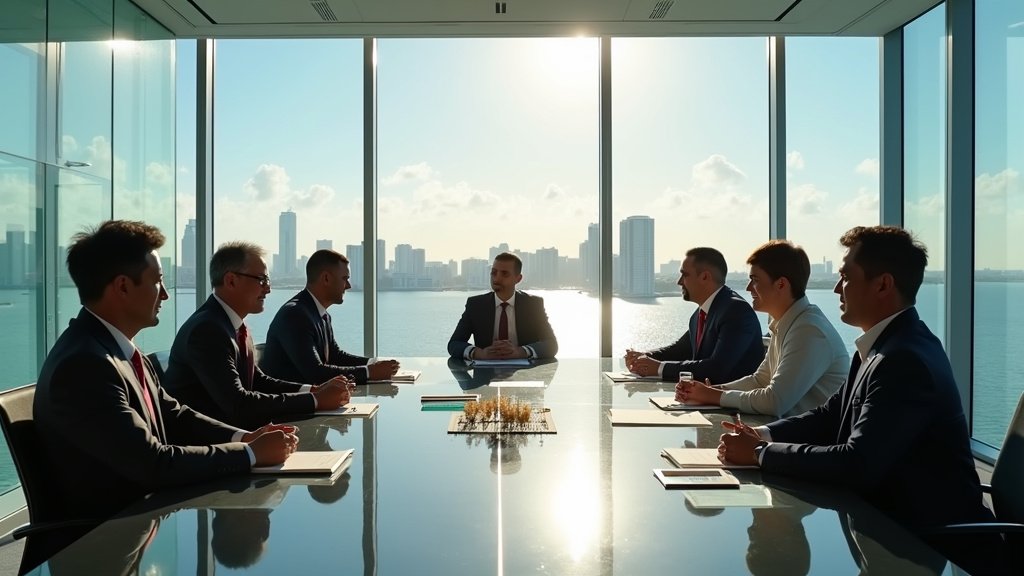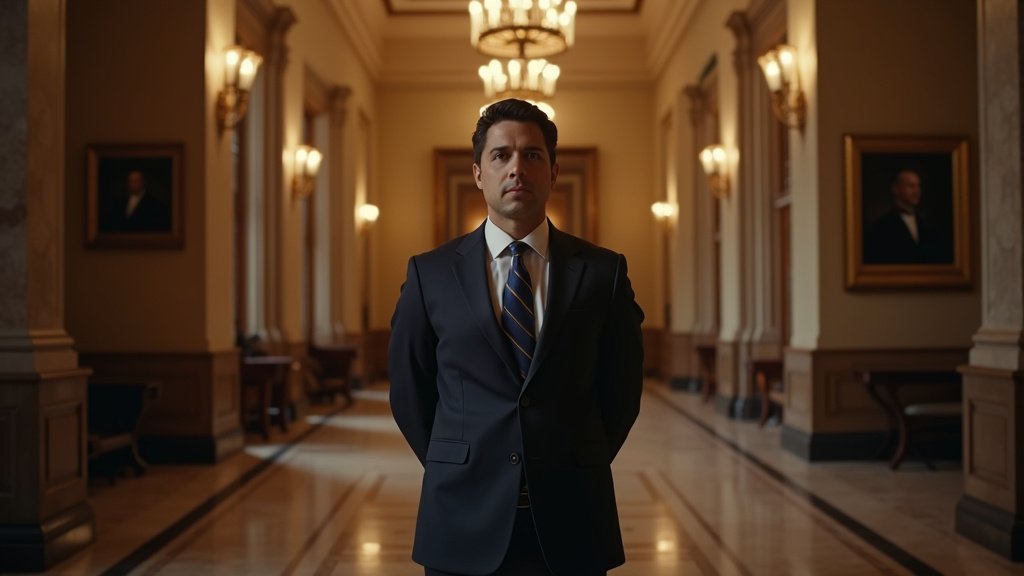Miami’s Climate Crucible: Experts Convene to Forge a Resilient Future Against Rising Seas
A pivotal conversation hosted by the Miami Herald on October 3, 2025, convened a diverse group of leaders from development, government, construction, and real estate to confront one of South Florida’s most pressing challenges: building a future resilient to the accelerating impacts of climate change. Held at the striking new MSC Cruises terminal at PortMiami, the discussion underscored the urgent need for integrated strategies encompassing smart governance, innovative design, and advanced construction materials to safeguard the region against rising sea levels, ensure clean water access, and maintain healthy air quality.
The Undeniable Threat: South Florida on the Frontlines
South Florida, and particularly Miami, stands at the vanguard of a global climate crisis. Its unique geography—low-lying, flat, and built upon porous limestone bedrock—renders it exceptionally vulnerable to the relentless creep of rising sea levels. The region is already grappling with the tangible effects, experiencing increased “sunny day” flooding during high tides and more severe inundation from storm surges. These escalating water levels not only threaten infrastructure and property values but also pose a significant risk to the area’s freshwater supply through saltwater intrusion into aquifers and compromise existing septic systems. Experts warn that without proactive and substantial adaptation measures, much of the coastline could face submersion within decades, fundamentally altering the region’s landscape and economy. The real estate market is already reflecting these concerns, with potential for declining property values and soaring insurance costs in vulnerable zones.
Strategies for Survival: Policy, Design, and Innovation
The panel, moderated by Miami Herald climate reporters Alex Harris, Denise Hruby, and Ashely Miznazi, emphasized that no single solution exists. Instead, a multi-faceted approach is critical.
Smart Government Policies: The discussion highlighted the crucial role of forward-thinking government policies. Cities like Miami and Miami Beach are already implementing comprehensive climate action plans, aiming for significant greenhouse gas emission reductions and investing heavily in resilience projects. Initiatives such as Miami-Dade County’s ClimateReady Tech Hub and the Miami Forever Climate Ready strategy are designed to foster innovation and sustainable development, creating a framework for adaptation. Regional collaborations, like the Resilient305 strategy involving Miami-Dade County and Miami Beach, demonstrate a commitment to coordinated action.
Thoughtful Design: Beyond policy, the panelists stressed the importance of design that accounts for current and future environmental conditions. This includes urban planning that integrates green spaces, improves transit connectivity, and considers elevation requirements. The involvement of world-renowned architects and urban planners in South Florida projects signals a growing recognition of design’s power to enhance both resilience and livability.
Innovative Construction Materials: The conversation delved into the advancements in building materials that can better withstand the harsh coastal environment and improve energy efficiency. Experts pointed to the increasing use of insulated concrete forms (ICFs) for their durability against high winds and energy efficiency, along with fiber cement siding, composite decking, and low-emissivity (Low-E) glass. These materials offer superior resistance to moisture, rot, pests, and salt spray, crucial for structures in South Florida. Furthermore, innovations incorporating recycled materials and advanced concrete technologies are contributing to a more sustainable built environment.
Voices from the Forefront of Resilience
The distinguished panelists brought a wealth of experience and diverse perspectives to the table:
* Amy Knowles, Miami Beach Resilience Officer, shared insights on integrating climate preparedness with nature-based solutions and infrastructure upgrades. Her work has been instrumental in securing significant funding for resilience projects, including dune restoration, underscoring a proactive approach to sea-level rise adaptation.
* David Martin, CEO of Terra Group, a prominent Miami-based real estate developer, emphasized the company’s deep commitment to sustainable development and design excellence. Terra Group actively integrates resilient construction processes, renewable energy, and green spaces into its projects, viewing sustainability not just as an environmental imperative but as a driver of long-term value and community well-being. Martin also participates in key regional bodies like the Miami-Dade County’s Biscayne Bay Task Force and Sea Level Rise Committee.
* Patrick Murphy, Coastal Construction Executive and CEO of Togal.AI, offered expertise from the construction sector. His focus includes leveraging technology and innovation, such as artificial intelligence in pre-construction, to streamline building processes and enhance efficiency, critical for adapting to the region’s unique challenges.
* Hector Silva, CEO of Privé Advisory Group, contributed to the strategic dialogue, offering advisory insights on navigating the complexities of climate resilience in development and investment within the Miami market.
A Hub for Action: PortMiami and the Beacon Council
The choice of the MSC Cruises’ new terminal at PortMiami as the venue for this critical discussion was symbolic. The facility itself represents a significant investment in modern infrastructure with a commitment to sustainability, including shore power capabilities to reduce emissions. PortMiami’s development of the largest shore power system on the U.S. east coast exemplifies the kind of proactive infrastructure needed. The support from PortMiami and the Miami-Dade Beacon Council, an organization focused on driving the county’s economic future through initiatives like “Opportunity Miami” which views climate challenges as economic opportunities, further solidified the event’s significance. These partnerships are vital for catalyzing the substantial investments required for resilience and sustainable growth.
Building the Future: A Collective Imperative
The conversation hosted by the Miami Herald served as a powerful reminder that building a climate-resilient South Florida is not a distant aspiration but an immediate necessity. The identified strategies—smart policies, innovative design, and cutting-edge materials—are not merely theoretical; they are actionable steps that trendmakers in development, government, and construction are already beginning to implement. The collective expertise and collaborative spirit showcased at the event are essential for transforming challenges into opportunities, ensuring that Miami and its surrounding communities can not only withstand the impacts of a changing climate but thrive for generations to come. This dialogue, supported by leading voices in the region, sets a crucial benchmark for the ongoing efforts to secure a sustainable and prosperous future for Miami.





